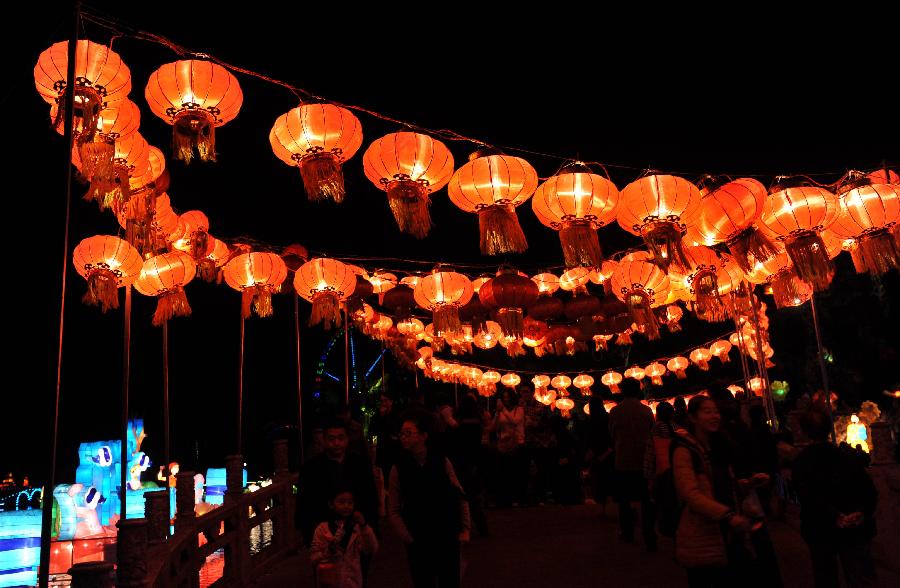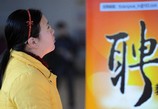
During the Spring Festival holiday, a Channel Young documentary series on food and travel titled "Delicacies on a Journey" drew considerable attention and many young people called it a practical guide for travel and dining. In each episode of "Delicacies," a veteran chef describes regional specialties and how food and culture influence each other. The chef also prepares his version of one specialty.
Another popular show is "The Food Trump Card," a weekly chef's competition on Channel Young. The average viewership rate over the past year was around 2 percent. According to producer Xu Nan, many housewives telephoned to ask where to buy hard-to-find fresh ingredients featured on the show. Seeing another commercial opportunity, Channel Young opened a food stall on the Nanjing Road Pedestrian Mall selling the ingredients featured on the show from around the country.
"Compared with other programs, food shows find it easier to develop flexible, varied and sustainable ways to generate revenue," Xu says. "Advertising is definitely not the only way to make money."
Xu says he is considering establishment of a local restaurant ratings system similar to the Michelin Guide. Points or stars would be awarded to local cuisine based on flavor, preparation, presentation and the originality and "personality" of the dish.
He then would hold an annual feast featuring some of the best dishes from around the city.
"Food shows offer a lot of business opportunities for both TV producers and restaurants and caterers," he says, noting that some shows offer dining coupons. He says the show cooperates with some restaurants in creating healthy dishes.
Esteemed profession
In many Western countries being a fine chef is an esteemed profession, like medicine or law, but in China chefs, even highly trained chefs, have low social status, Xu says. He hopes cooking shows will help change that perception.
Still, producing a successful food show is challenging.
"The difficulty lies in turning all these lifeless ingredients into vivid sequences that can stimulate the appetite," Xu says.
"Unlike foreigners, Chinese never focus on just the dish; they care a lot about the dining ambience. That means we have to demonstrate how popular these dishes can be, by showing crowds in restaurants and steaming aromatic dishes and cooking pots."
In addition to developing original shows, local TV producers want to bring successful foreign TV cooking shows to China. To attract local viewers the programs need to be localized and take Chinese taste and style into consideration.


















 At 75, he travelled in Europe; at 98, he got a master's degree; at 102, he published an autobiography.
At 75, he travelled in Europe; at 98, he got a master's degree; at 102, he published an autobiography.


![]()
